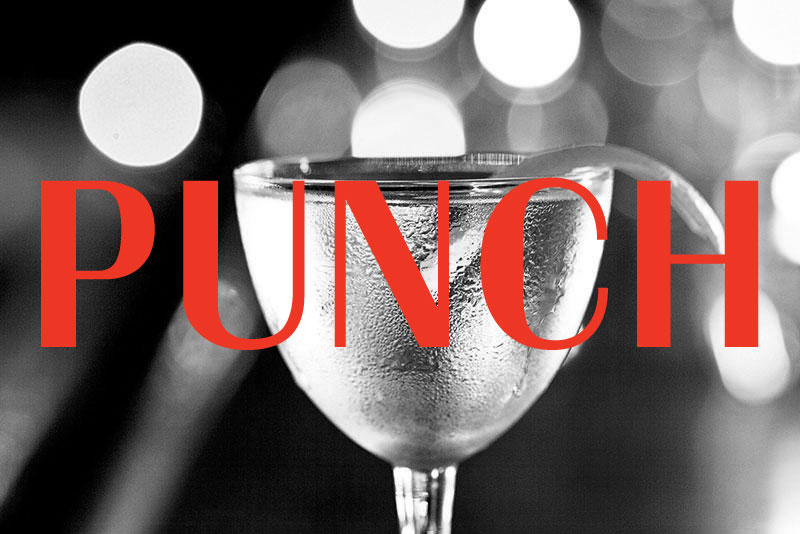
Irish Whiskey
(n.) Similar in many ways to its Scottish brethren, Irish whiskey generally skews lighter in flavor. Legally, Irish whiskey must be made in Ireland, distilled from a yeast-fermented mash of…
- story: Talia Baiocchi

(n.) Similar in many ways to its Scottish brethren, Irish whiskey generally skews lighter in flavor. Legally, Irish whiskey must be made in Ireland, distilled from a yeast-fermented mash of…

(n.) Gin’s legal definition requires it to be a neutral grain spirit flavored with juniper berries and proprietary blends of botanicals and then bottled at over 80 proof. Common botanical additions include…

(n.) Wine that has a distilled spirit added. This loosely-knit family of wines encompasses a wide range of styles. Some are made for fast consumption, others for aging. They can…

(n.) A chemical process used to make high-alcohol spirits, distillation separates ethanol (drinking alcohol) from water. The basic steps: A mix of ethanol and water, usually derived from fermentation, is…

(n.) Wooden barrels, or casks, have been used for millennia to transport liquids throughout Asia and Europe, falling out of favor only relatively recently with the advent of modern packing…

(n.) Legally, Canadian whisky must be distilled from fermented grains, aged for three years in wood casks and bottled at 80 proof or higher. The fermented grain mash—usually made of…

(n.) This American subset of whiskey is made from distilling a fermented mash of at least 51-percent corn and aging the liquor in new charred white oak barrels. Though some…

(phrase) A legal term referring to American spirits (usually whiskey) that have been processed according to regulation of the Bottled-in-Bond Act of 1897, which was created to protect consumers from…

A quantifiable amount of time between a product’s creation and either its on-sale date or consumption. For spirits, age is generally calculated by the amount of time the product spends…